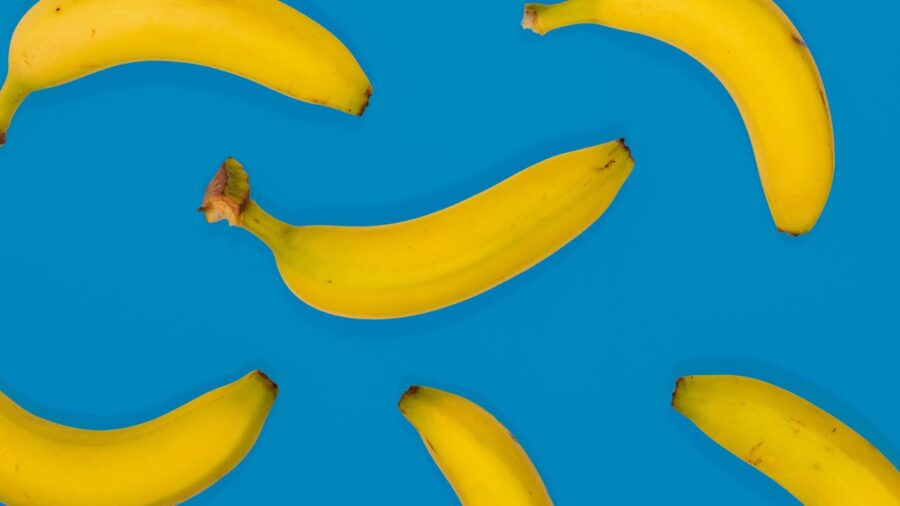
There seems to be a dearth of original ideas at the moment. Whether it’s Disney trotting out an 80-year-old Harrison Ford for a fifth Indiana Jones film, Instagram teasing its soon-to-be-released Twitter imitation or Apple launching its metaverse-inspired VR goggles, many firms seem content making uninspiring rehashes of existing offerings.
While it may be natural for businesses to be cautious in difficult economic times, such a lack of innovation is likely to hinder their progress in the long run.
One company that understands this point better than most is Ikea. Its late founder, Ingvar Kamprad, set out to instil an ethos of innovation, a key element of which was the acceptance of mistakes. In his view, it was only “the mediocre people who are negative, who spend their time proving that they were not wrong”.
The furniture maker made its fair share of errors during his tenure. Its experiment with inflatable furniture ultimately fell flat after leaky valves and high prices deterred customers, for instance. Meanwhile, its soil sofa – designed to allow families without gardens to turn food waste into compost – left a whiff of rotting veg rather than the sweet smell of success.
Many companies want to be innovative, but few are willing to accept that failed experiments come with the territory
But these missteps were never criticised. Kamprad, who died in 2018, believed that the fear of making errors was “the enemy of development”.
Ikea’s chief creative officer, Marcus Engman, who was involved in the inflatable experiment, describes the process as “failing forwards” and speaks of his pride in it.
It was partly because of its willingness to break with convention that Ikea set up its first showroom in 1958, eschewing the mail-order catalogues that most of the furniture industry relied on at the time. Similarly, although the firm has become famous for its meatballs, its decision to introduce restaurants to home furnishing stores was hardly a safe bet.
This risk-taking culture is something that Jesper Brodin has sought to preserve since becoming CEO in 2017. In a recent interview, he told the FT that he’d issued senior staff members “licence to go bananas” cards, which promise the holders that they won’t face any repercussions from him if they try something new that doesn’t pay off.
UK businesses need to take more creative risks
The value of the Ikea-style culture of innovation is clear to see. Its approach is similar to that of “move fast and break things”, the mantra that many Silicon Valley tech firms adopted as they grew apace in the noughties.
But this state of mind is sadly lacking in the UK. Only three British companies made the list of the world’s 100 biggest investors in R&D in 2021, while no UK-based firm featured among the top 100 applicants at the US Patent and Trademark Office. This trend looks set to continue, with three-quarters of British businesses acknowledging that they won’t be able to compete with the international leaders in this space until the end of the decade.
The government believes that unlocking investment should help to alleviate this problem. The chancellor, Jeremy Hunt, is exploring ways to encourage pension funds to increase investment in UK startups, for instance. But a change of mindset may be an equally important part of the solution.
Many companies want to be innovative, but few are willing to accept that failed experiments come with the territory. We need more business leaders who, like Kamprad, aren’t afraid of presiding over the odd creative mistake. Only once more of them licence their teams to “go bananas” will UK plc close the innovation gap.

There seems to be a dearth of original ideas at the moment. Whether it’s Disney trotting out an 80-year-old Harrison Ford for a fifth Indiana Jones film, Instagram teasing its soon-to-be-released Twitter imitation or Apple launching its metaverse-inspired VR goggles, many firms seem content making uninspiring rehashes of existing offerings.
While it may be natural for businesses to be cautious in difficult economic times, such a lack of innovation is likely to hinder their progress in the long run.
One company that understands this point better than most is Ikea. Its late founder, Ingvar Kamprad, set out to instil an ethos of innovation, a key element of which was the acceptance of mistakes. In his view, it was only “the mediocre people who are negative, who spend their time proving that they were not wrong”.



